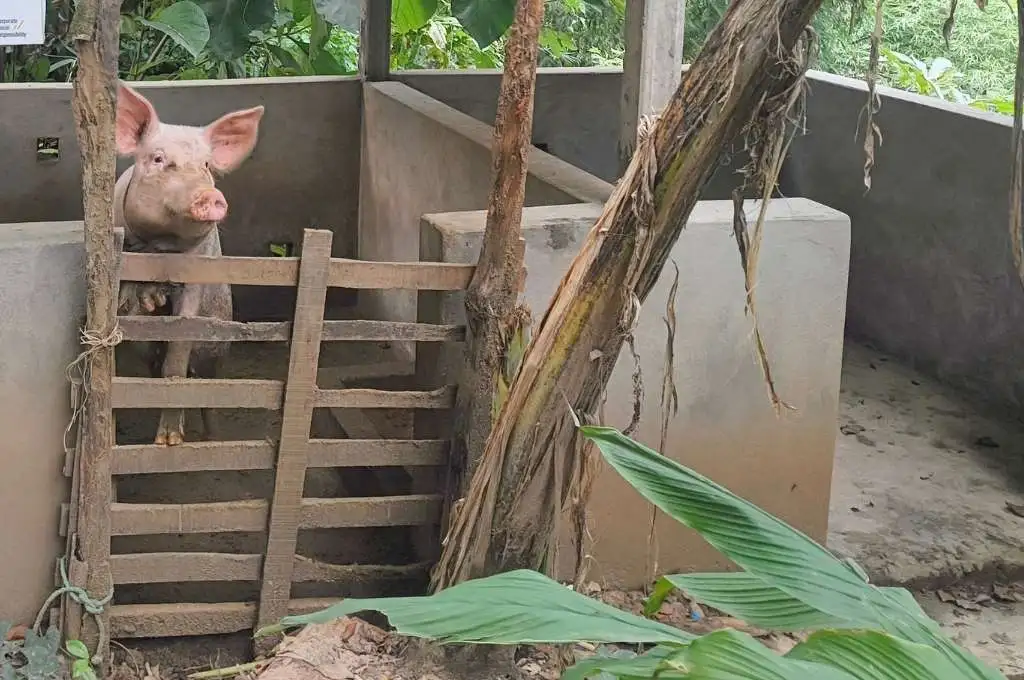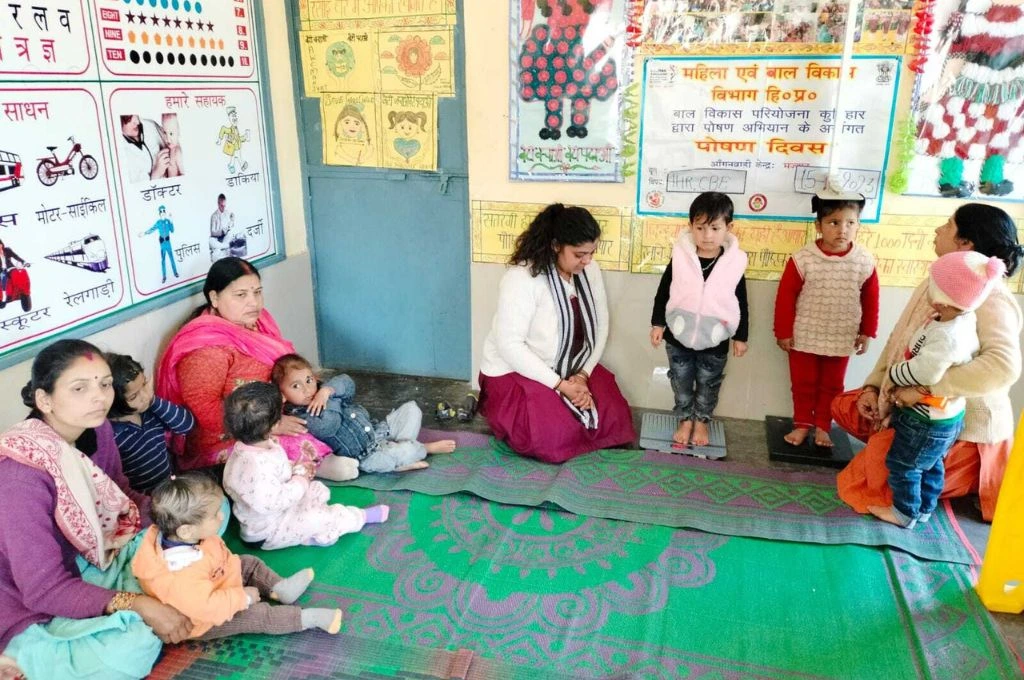Disabling access
If there is one thing the pandemic has made clear, it is that COVID-19 is not uniform in its impact. People with disabilities have been disproportionately affected by the lockdown.
Meenu Arora, a 44-year-old woman living with cerebral palsy, shares, “At the start of lockdown, everyone told my husband and I that there was no need to store provisions, and that they would be easily available. We followed this advice and didn’t store any additional rations at home. Before the lockdown, we would call the store when we needed rations, give them our list, and they would deliver it home. We thought it would be the same during the lockdown, but that wasn’t the case. The shopkeeper told us that due to COVID-19, they would not send their delivery boy, and we would have to go and collect it. I was surprised. I use a wheelchair, so how would I go the store and carry sacks of wheat or rice?
I tried calling everyone possible—including our local elected representative—to figure out a solution, since nobody in my house is in a position to go and collect a month’s worth of rations. My husband and I are in wheelchairs, my mother-in-law is bedridden, and my father-in-law is of an advanced age, and cannot help much. Finally, a friend who is a lawyer called the shop and warned them that they would report them to the court. It was only after threatening the shopkeeper that they agreed to deliver the rations to our home. This could have been easily avoided.
Living with a disability, there have been many times when I have had to stay at home. Lockdown has been a part of my life, but this time it’s too much. With my motorised wheelchair, I used to feel free and independent. It was after a lot of struggle that I gained this independence, and I never thought that I will be back in that situation, that lockdown again.”
Meenu Arora is a disability rights activist and founder of Yes! We Can. Oshin Dhawan is currently pursuing her master’s in development from Azim Premji University.
—
Know more: Read more about how COVID-19 has further marginalised people with disabilities.
Do more: Connect with the author at dhawanoshin@gmail.com to understand more about and support their work.



